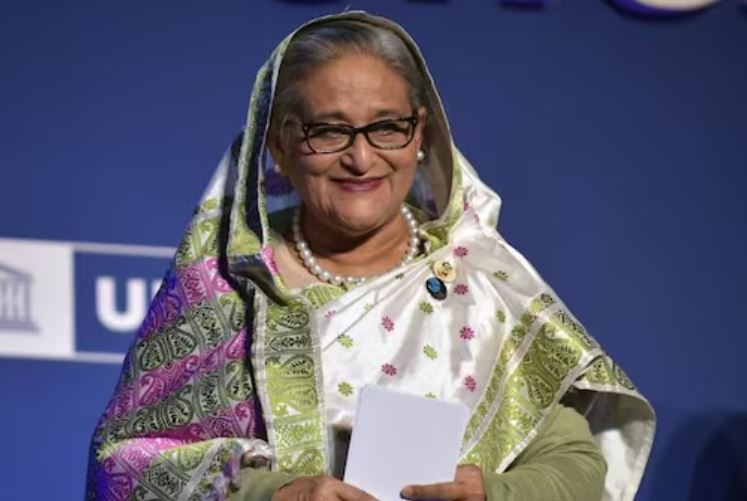Schumer Advocates for Swift Democratic Transition in Bangladesh
In the wake of Bangladeshi Prime Minister Sheikh Hasina’s dramatic resignation and subsequent flight from the country, U.S. Senate Majority Leader Chuck Schumer has called for the establishment of a balanced interim government to facilitate prompt democratic elections. This urgent appeal follows a violent crackdown on protests that claimed numerous lives and led to Hasina’s departure.
Background of the Crisis
Sheikh Hasina’s resignation on August 5, 2024, came amidst a backdrop of escalating violence and civil unrest. The turmoil began as student protests over job reservation quotas evolved into a larger movement demanding Hasina’s removal. The protests, which highlighted widespread discontent with her administration, were met with a violent response that resulted in the deaths of hundreds of demonstrators.
In a dramatic turn of events, protesters stormed Hasina’s residence in Dhaka, looting one of the most heavily guarded buildings in the country. This act of aggression underscores the severe level of public outrage and dissatisfaction with the current regime.
Schumer’s Call for Democratic Reforms
Senator Chuck Schumer’s statement underscores the urgency of transitioning to a democratic framework in Bangladesh. In his social media post, Schumer praised the courage of the protesters and condemned the violence perpetrated by Hasina’s government. He emphasized the need for a balanced interim government that respects human rights and paves the way for fair and prompt elections.
“The violent crackdown on legitimate protests made Hasina’s continued leadership untenable,” Schumer stated. “It is imperative that a new, inclusive interim government is established to ensure a swift and democratic electoral process.”
International Response and U.S. State Department’s Stance
The U.S. State Department had previously expressed concerns about the fairness of Bangladesh’s January elections, which were marred by allegations of vote irregularities and violence. The department’s recent advisories have warned U.S. citizens against traveling to Bangladesh due to ongoing civil unrest.
General Waker-Uz-Zaman, Bangladesh’s army chief, announced Hasina’s resignation and the formation of an interim government in a televised address. This development is aimed at restoring stability and addressing the demands of the protesters.
Moving Forward: Implications and Expectations
The current situation in Bangladesh presents both challenges and opportunities for international diplomacy. The formation of an interim government and the conduct of new elections are critical steps toward restoring democratic governance and addressing the root causes of the unrest.
The international community, including U.S. officials and human rights organizations, will closely monitor the situation to ensure that the transition is conducted transparently and fairly. The focus will be on ensuring that the interim government upholds democratic principles and addresses the grievances that fueled the protests.
Summary
Senator Chuck Schumer’s call for an immediate transition to democracy in Bangladesh highlights the urgent need for political reform following Prime Minister Sheikh Hasina’s resignation. Amidst widespread violence and civil unrest, the formation of a balanced interim government and the facilitation of democratic elections are crucial for restoring stability and addressing public discontent.
Key Learning Points:
| Point | Description |
|---|---|
| Schumer’s Demand | Calls for a balanced interim government and swift democratic elections. |
| Crisis Background | Protests over job quotas escalated into widespread violence and Hasina’s resignation. |
| International Response | U.S. State Department and global community call for transparent electoral process. |
| Implications | Emphasis on the importance of democratic principles and human rights in the transition. |

Sunil Garnayak is an expert in Indian news with extensive knowledge of the nation’s political, social, and economic landscape and international relations. With years of experience in journalism, Sunil delivers in-depth analysis and accurate reporting that keeps readers informed about the latest developments in India. His commitment to factual accuracy and nuanced storytelling ensures that his articles provide valuable insights into the country’s most pressing issues.



